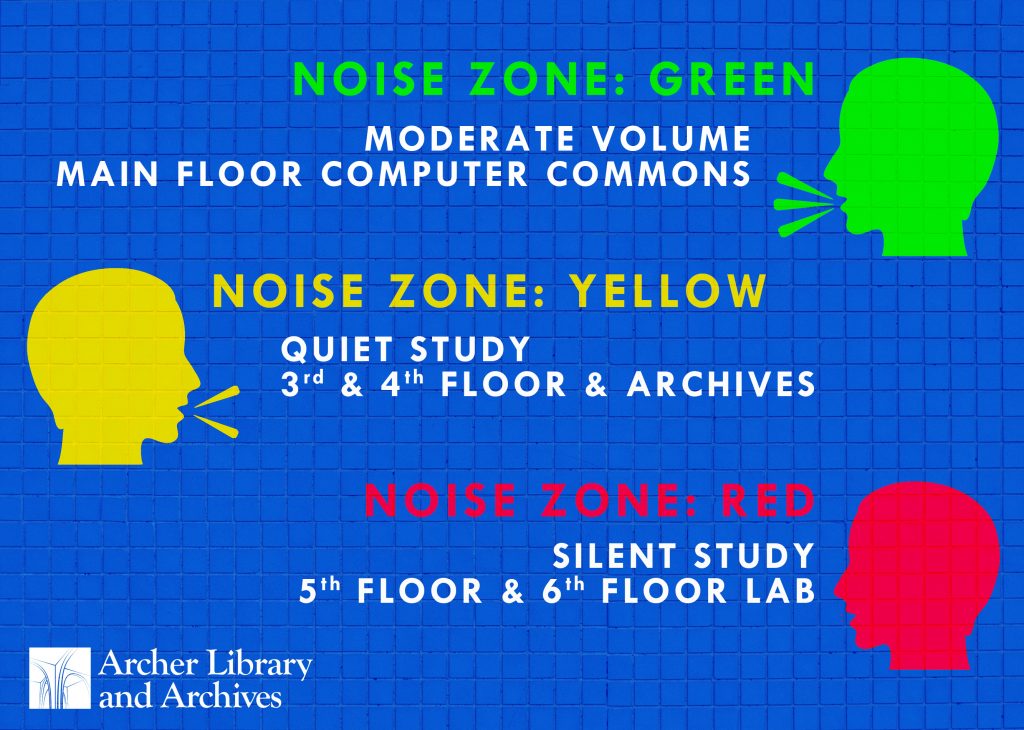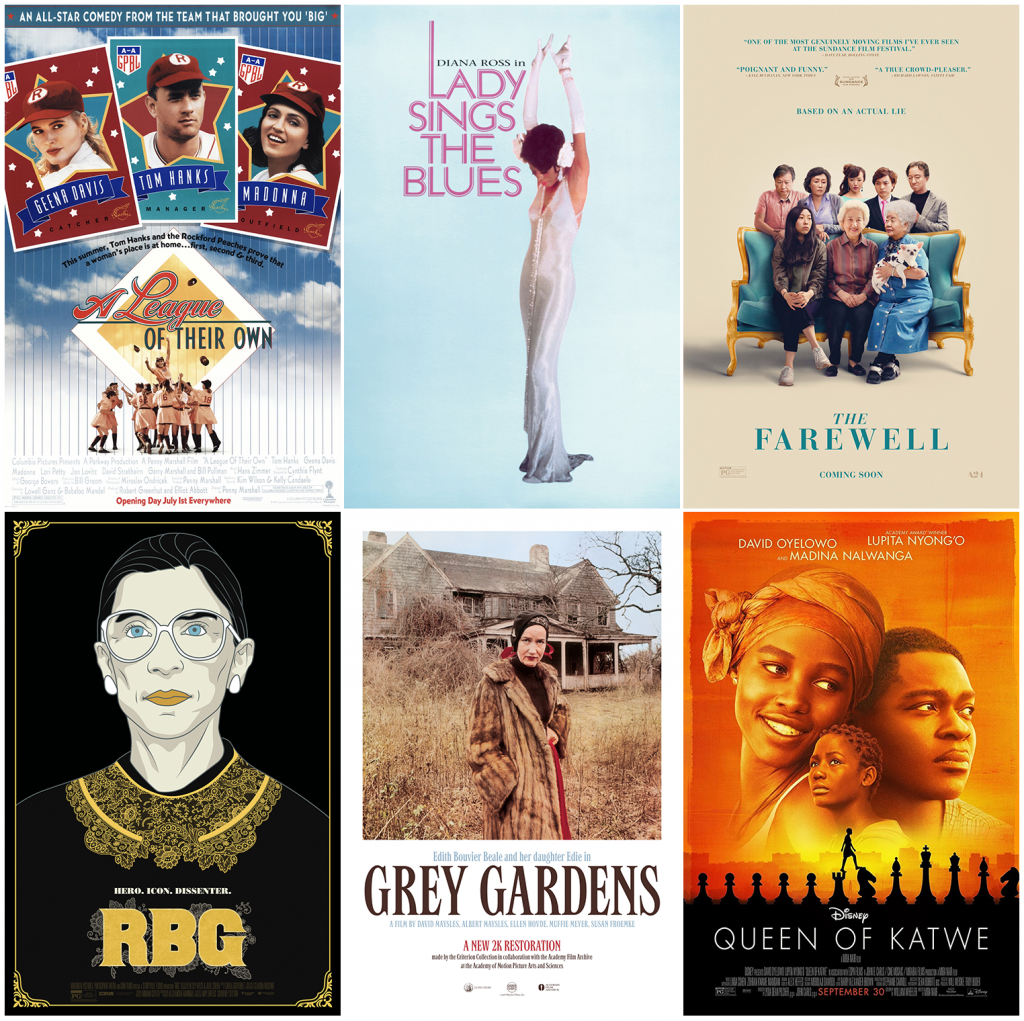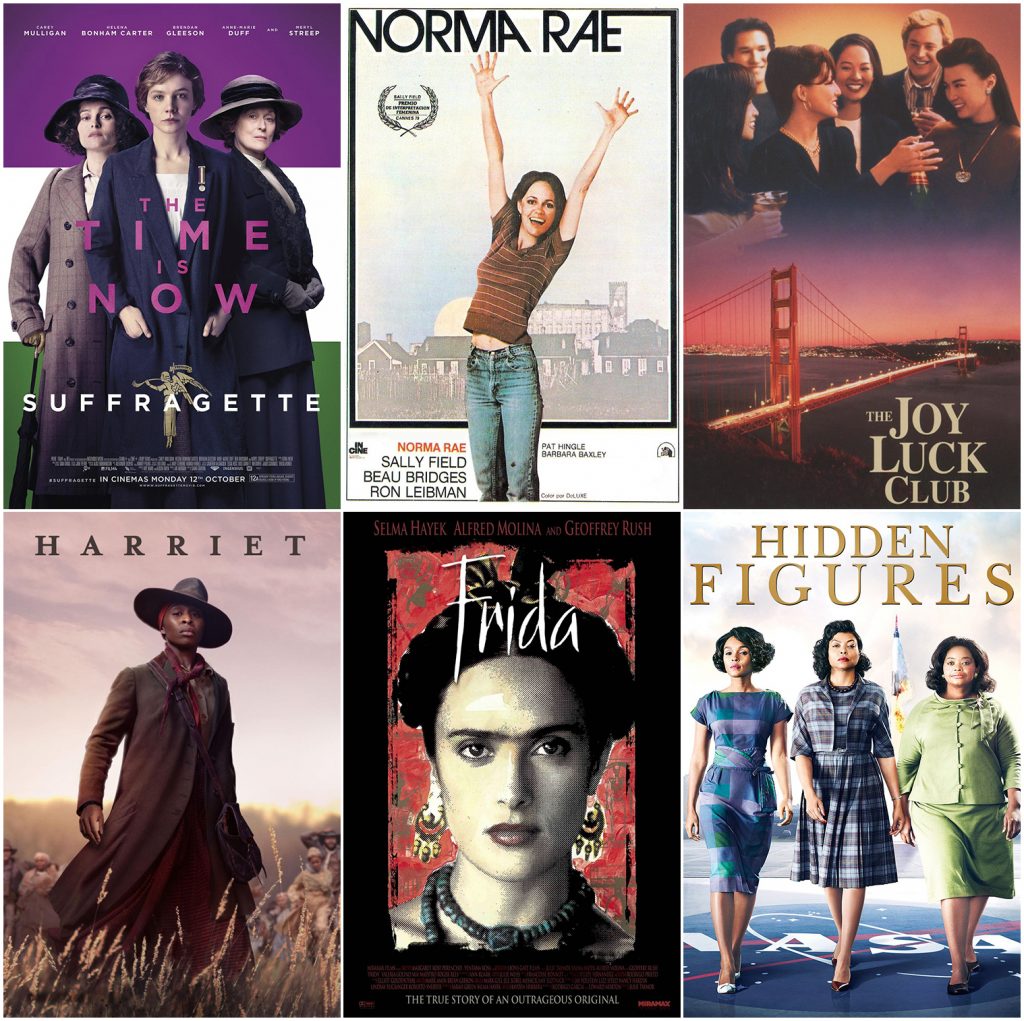From December 8th to the 21st Regina Public Library and the Archer Library are hosting study spaces at multiple locations in Regina.
Scan the QR Code to check great place to study during finals!

– by Kaetlyn Phillips
As previously discussed, when collecting data, especially survey data, it’s important to make sure the sample is representative of the population. So what happens when certain groups are excluded from the data?
To start ask yourself, what are the symptoms of a heart attack?
If you said chest pain, shortness of breath, and arm or shoulder pain, you’d only be partially correct. Those are the symptoms of heart attack for men. For women, the symptoms are similar but different enough that many women could miss that they were having heart attacks. There are also data to suggest that doctors are more likely to misdiagnose heart attack in women because the different symptoms. Personally I didn’t know there was a difference until 2012 (Thank you Elizabeth Banks!).
So how is this relevant to data? Well, this is an example invisible data. We live in a society where the default for data collection is still cisgender (majority white) men, so a lot of our data are biased. There are numerous examples of how this data bias has real world effects:
Data drive our society, and we are constantly looking for data to make evidence based decisions. Using data to make decisions is not a bad thing! Using data from only one segment of the population is concerning. When we are using data from only one section of society the results can be misinformed and our decisions can be flawed. It’s important to note that this is not always intentional and malicious, most missing data is due to male-dominance in data collection fields. If we don’t see and include representation, we don’t consider other perspectives. This is even more relevant as we shift to more AI driven data collection. The majority of research and work in AI and machine learning is conducted by men, potentially creating more gender based data bias.
If you’d like to learn more about the invisible data and data bias based on gender, my main source for this post was Invisible Women: Data Bias in a World Designed for Men by Caroline Criado Perez. HOWEVER, please note that while this book has numerous examples of gender based invisible data, there is a glaring omission. Invisible Women only looks at data bias from a cisgender perspective, so the book has its own problem with missing data from transgender and non-binary folx. With that in mind, next month I will be looking at the issues of invisible data from 2SLGBTQIA+ communities.
The Dr. John Archer Library and Archives invites applications from dynamic, proactive, service- and team-oriented candidates for the tenure-track position of Associate Dean (Teaching, Learning, and Research). We are seeking an innovative, motivated, enthusiastic, results-oriented librarian. As the ideal candidate, you will have a strong background in strategic visioning, policy and program development, service operations, leadership and staff engagement, and building lasting connections across the library, the university, and with community partners.
View the full position description or visit the U of R Career website for more information!
The Archer book sale in support of the United Way is done for another year. Thanks to everyone who donated books, shopped at the sale and helped with logistics. Together we raised $1516.15 for the University’s United Way campaign.

Earlier this year, The Archer Library received one of 950 limited edition signed copies of Antarctica, donated by the authors Pat and Rosemarie Keough. This lavish and celebrated publication contains, in addition to extensive text, 345 colour photographs documenting two years of Antarctic expeditions. The library is pleased to own what the Los Angeles Times called one of “the finest original art books produced in modern times.”
This book is available for viewing in the University of Regina Archives Reading Room, during the Archives Reference Desk regular hours of operation (Monday to Friday, 9 am – 4 pm.)


May the beauty of the Diwali season fill your home with happiness.

Congratulations to the winners of the Dr. John Archer Library & Archives inaugural 2-Sentence Horror Story Contest! Students were invited to submit original horror stories about any terrifying topic or gruesome subject, in two sentences and 400 characters (or less) in length. Entries were judged in a blind review by a panel of Library staff, with the two winners awarded a University Campus Store gift card, and the runner-up receiving a bag of Archer goodies. Read on to view the winning submissions…. if you dare.
Winner
Paige Dahlman, undergraduate (Major in Psychology and Major in Human Justice)
She stood alone, watching the burial from afar. A chill ran down her spine as a cold breath whispered in her ear, “you’re next”.
Winner
As I opened the Archer Library’s link to the 2-sentence horror story contest, there it was, staring me in the face among the contest rules: 400 characters or LESS (not fewer)? Oh, the horror!
Runner-up
Rylee Phillips, undergraduate (Education)
They were such a beautiful couple, the ones that rented my old home. Such a shame that they weren’t warned that I never left.

Archer Library Book Sale – donate now!

It’s been a while since we’ve had a library full of patrons working, studying and using our resources, so we thought we’d send out a friendly reminder about our noise zone guidelines for personal volume levels. As a courtesy to other people in our space, we ask that you be mindful of these guidelines depending on where you are in the building.
If you have any questions or concerns, please do not hesitate to talk to any staff member at the main Help Desk, or contact us here: https://library.uregina.ca/help

October 2022 marks the 30th annual Women’s History Month in Canada. Celebrate with a selection of movies from our collection that are by or about women! Find them with a simple title search using our Quick Find search engine.

